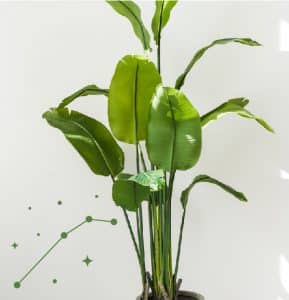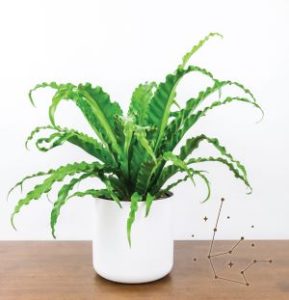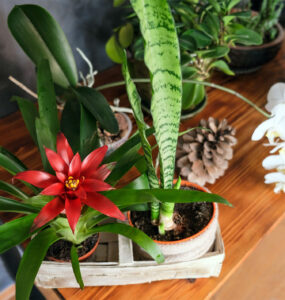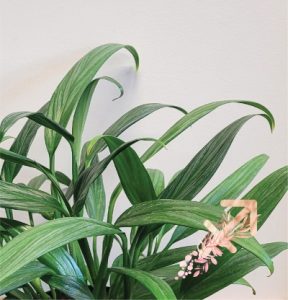
Nematodes and Japanese Beetles
Japanese Beetles in Our Gardens
Nematodes
Using Nematodes in the Garden
“Never stop fighting till the fight is done.”
– Eliot Ness
With the time and energy that we put into our gardens, it can be hard to watch all our hard work disappear before our eyes. Weather, animals, and bugs all play their part as predators to our prized perennials and we do our best to stop them. We prevent as best we can, but sometimes they get in. Then we are stuck trying to get rid of them without damaging our plants.
Many pesticides now work to be effective while doing as little damage to our plants as possible. However, there are a growing number of pests who are resistant and seem invincible. Most notably, in recent years, is the Japanese beetle.
Japanese Beetles in Our Gardens:
Japanese beetles are, as their name implies, not native to North America. They travelled here from Japan and have infested gardens everywhere since. Attracted to sweet fragrances – like raspberry, roses, and maple – these pests appear quickly and unprovoked to wreak havoc on our poor plants.
These beetles are easy to identify with metallic, bright green heads and copper bodes. If you can’t spot the bugs themselves, you will certainly see their devastating effects. Japanese beetles will eat leaves and petals from the outside in. They won’t eat the whole thing, however, and will leave behind the veins, much like a skeleton. Their larvae are also particularly desirable to burrowing animals. These animals will even rip gardens to shreds in search of a juicy grub.
The problem with these beetles is how resilient they are. Their thick, hard shells give them an armour that can withstand most pesticides. The only pesticides that seem to work are incredibly toxic and have even been taken off the shelves!
Dig in with Alberta’s Best Gardening Blog for more ways to deal with garden pests!
Nematodes:
Nematodes are also well-known by another name, Roundworms. Just the name alone can cause fear and unease in many people. They picture those parasitic creatures known to feast on both humans and pets alike. Not all nematodes are bad, though.
Non-parasitic nematodes are microscopic, colourless worms that naturally exist in soil. These dirt-dwellers don’t bother humans, pets, or plants, but will attack soil-borne pests instead. They have a natural thirst for caterpillars, grubs, rootworms, gnats, beetles, and many more. Due to this, nematodes offer an amazing solution to pest problems.
These little worms work much in the same way that ticks do. They find themselves a host and work their way into the body through orifices. Once inside, the worm will feed on their host. Once inside, nematodes will also release a potent bacteria. This will kill the pest within 24 – 48 hours, making quick work of your infestations. Japanese beetles may have a thick shell, but even they can’t stop an internal sneak attack.
Using Nematodes in the Garden:
Nematodes are naturally occurring in many soils, but they may not be there if you have pests. Due to this, many garden centres have brought in packaged nematodes that you can apply to your own garden. These packages are usually stored cold to keep the worms sleeping and fresh to work their best.
First, make sure your soil is warm and moist. The warmth will help to thaw out the cold sleep and moisture helps them move in the soil. Keep the soil moist throughout the application and treatment process for best results.
Mix your treatment in water to make it easier to apply. Many have found that letting it soak for a bit before mixing helps to break it up. Spray or drench the affected area with treatment and allow it to soak the soil. Shortly after they have woken up, your nematodes will sense their prey and start to work. When the pests are gone, nematodes will die off. No clean-up required.
With their invincible nature, many gardeners have stressed over Japanese beetles in their gardens. Nematodes, however, make their way under that tough exterior and the beetles are no match for them. Make quick work of the unkillable with a little, natural worm that is happy to do the work for you!
















